An Opportunity to Create a Humane Food Supply
There is reason to be optimistic concerning the long-term future of the U.S. food supply in the wake of the COVID-19 pandemic.
On the surface, however, the situation might not seem quite so positive.” As the pandemic has progressed, the increased demand for meat products from grocery stores, coupled with a slowdown in the production of meat processing facilities because of the virus, has created a bottleneck in the supply chain.
This, in turn, has led to a surplus of animals on farms and a shortage of meat hitting the markets. The reduced supply of meat available to grocery stores has driven prices higher and increased food insecurity for the millions of families waiting in miles-long lines at America’s food banks. At the same time, farmers are euthanizing tens of millions of animals to avoid overcrowding on farms. The rapid growth rate of animals raised on Confined Animal Feeding Operations means that farmers cannot simply care for these animals, but must instead cull otherwise healthy animals. Hens are typically smothered using a water-based foam, similar to fire-fighting foam, while pigs are usually gassed, shot, given an anesthetic overdose or killed using blunt force trauma. When our fragile industrial meat supply system collapses, these are the devastating results.
All these factors are fueling the continuing transition of consumer eating habits toward plant-based meats, a trend that already was steadily growing prior to the COVID-19 outbreak. Writing in Forbes, Alexandra Sternlicht reports that consumers have become more open-minded about trying meat alternatives when faced with empty shelves and the ongoing discussion of the safety of the food supply:
Grocery store popularity of alternative meat — like veggie burgers and plant-based proteins — has skyrocketed amid the pandemic in the U.S. with sales about doubling for top brands since President Trump declared a state of emergency on March 13; experts attribute this to consumers’ desire for sustainable and healthy food — compounded by meat facility closures and supply chain disruption.
By exposing the inherent defects of the U.S. food supply, especially the unsanitary and cruel nature of meat production by industrial farms, the pandemic has set the stage for a transformation of how we eat as a society. Karner Blue Capital supports this shift by investing in innovative companies that are leading the change. Our investment and advocacy thesis is that companies can reduce risk through the elimination of cruelty and appeal to the vast and growing segment of consumers who care about animals and the protection of nature. We implement this thesis through our proprietary research process, which has helped us to identify several strong animal welfare-performing companies with plant-based meat alternative offerings, including Beyond Meat, Kellogg (MorningStar Farms Incogmeato), Conagra Brands (Gardein Ultimate Beefless Burger), and Nestlé (Sweet Earth Awesome Burger).
As a proponent of compassionate investing, we recognize the benefits to animal welfare generated by the growing consumption of plant-based meat. More broadly, we believe that our society must begin the transition to a plant-based economy and that investing in forward-looking companies that are making their industries more animal- and environmentally-friendly will facilitate that transition. The immense human and animal suffering caused by COVID-19 should serve as a catalyst to expedite that transition. By supporting plant-based products, KBC hopes to continue guiding the transformation of consumer demand away from meat consumption and toward a better future for everyone.
DISCLOSURE: As of the date of this blog, Karner Blue Capital (“KBC”) held positions in Fortescue Metals Group, Ltd. on behalf of its clients. Securities issued by the companies identified or described in this blog do not represent all of the securities purchased, sold or recommended by KBC for its advisory clients, and readers should not assume that investments in the securities issued by the identified companies were or will be profitable. KBC and some of its partners may hold positions in certain securities issued by the companies identified in this blog in corporate and/or personal accounts. As fiduciaries, KBC prioritizes its clients’ interests above these corporate and personal accounts to avoid any conflict of interest in trading these commonly held securities.

